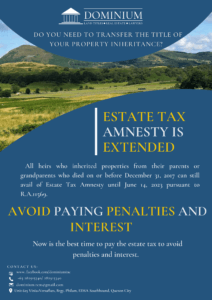What is a RAP?
A Resettlement Action Plan (RAP) is a legally and socially required document that outlines how a project will compensate, relocate, and support people or communities displaced due to land acquisition or infrastructure development.
When is a RAP required?
Generally, a RAP is required when there is physical displacement (loss of home or land) and/or economic displacement (loss of income or access to resources). Projects funded by international financial institutions such as the World Bank, Asian Development Bank etc. require a RAP when there is displacement due to a project.
Who are involved in preparing a RAP?
- Government agencies intending to implement infrastructure projects (DPWH, DOTr, DHSUD etc.)
- Private developers (mining, energy, real estate and housing companies etc.)
The primary consideration in the preparation of a RAP is stakeholder participation of affected communities. Particularly vulnerable groups such as informal settlers and Indigenous Peoples.
What are the primary contents of a RAP?
- Census of affected people – involves identifying all individuals, households, and structures that will be affected by the project.
- Methods of compensation – such as cash compensation or replacement for land and structure, assistance for renters and transitional support
- Relocation strategy – includes site selections, housing design, infrastructure support and coordination with local government and national agencies
- Livelihood restoration – involves skills training for employment, microfinancing, partnership with national agencies on employment
- Monitoring and grievance systems – methods for internal and external audits, third-party verification, step-by-step process to address grievances and appeal
What happens when there is no or weak RAP?
- Social and Economic Harm of Displacement – affected families will face homelessness, loss of income, disruption to daily life, and breakdowns in community ties especially vulnerable communities
- Delay of Project, Legal Dispute and Loss of Public Trust – without or with a weak RAP, stakeholders will face conflict with communities leading to lawsuits and protests which may cause project delays or funding withdrawals.




